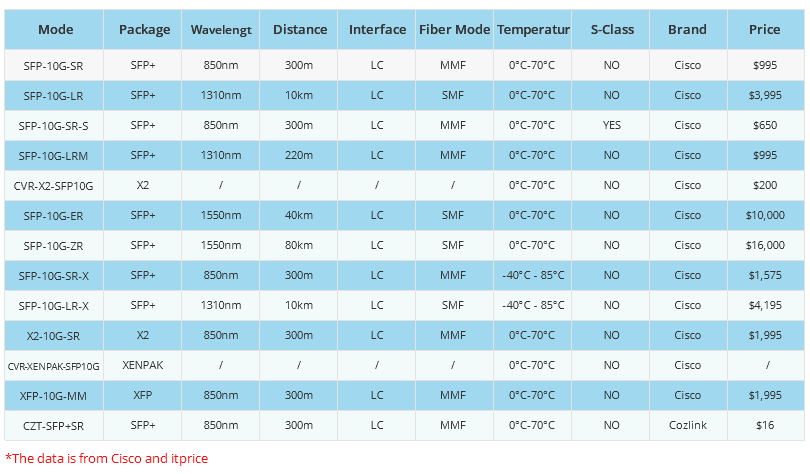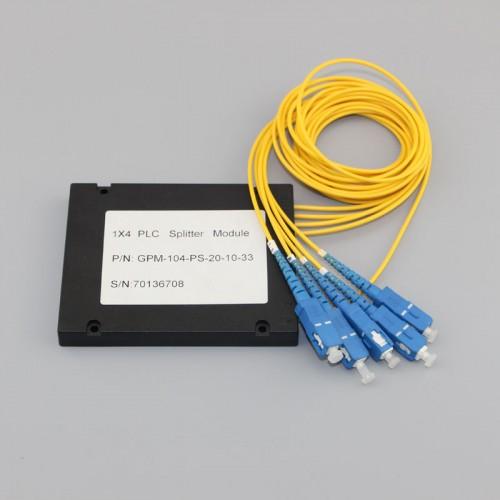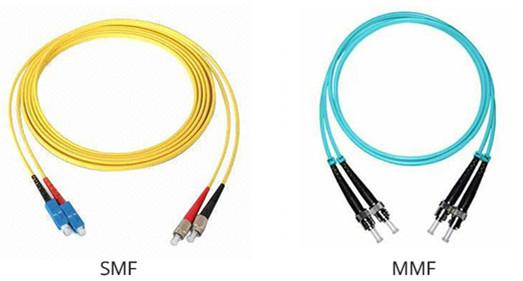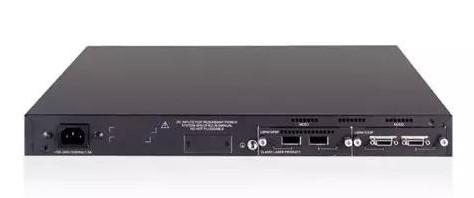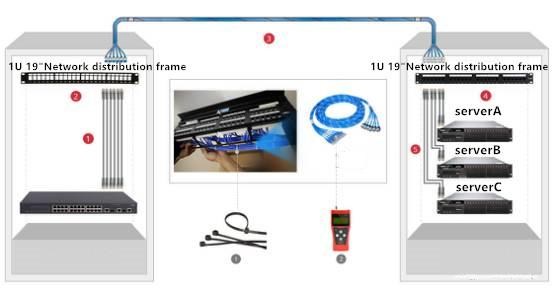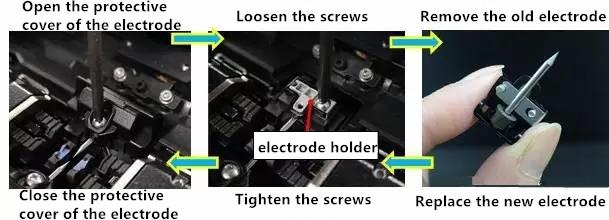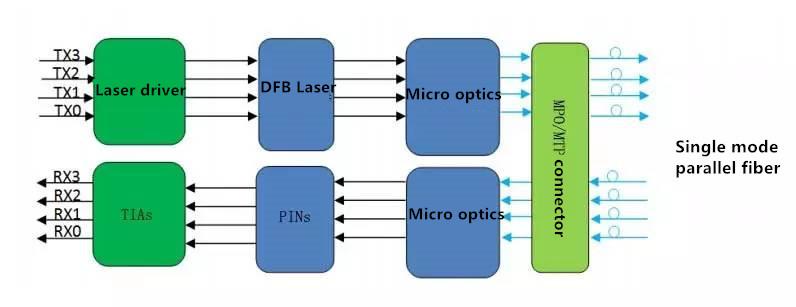- Related articles
- Optical Transceivers for Cisco WS-C2960X-24PD-L Switch
- All Cisco SFP-10G-BXD-I’s Information (Overview, Features, Data Sheet PDF, Price, Specifi
- All Cisco DWDM-XFP-47.72's information (List price, Specs, Datasheet PDF, Compatibility ma
- Optical Transceivers for Cisco WS-C2960S-48LPS-L Switch
- What is Packet over Sonet?
- All Cisco DWDM-X2-30.33's information (List price, Specs, Datasheet PDF, Compatibility mat
- Difference between 1000BASE-SX and 1000BASE-LX
- Applicable to 1000BASE-ZX Standard Optical Transceiver Models
- Applicable to 100BASE-F Standard Optical Transceiver Models
- Optical Transceivers for Cisco SRW208G-K9-G5 Switch

Definition of Glass Fiber Optic Cable
Glass Fiber Optic Cable id the type of fiber optic cables that contains multiple strands inside which are made of very thin glass fiber. Those multiples glass fibers are bundle together tightly in a flexible sheath to create Glass Fiber Optic Cable. The Glass Fiber Optic Cables are last longer still in good condition than some fiber optic cables such as plastic fiber optic cables. Furthermore, Glass Fiber Optic Cable has the ability to perform excellently under high temperatures and therefore, they are most suitable in areas with high power voltages. Commonly, Glass Fiber Optic Cables are available with flexible stainless steel sheath.
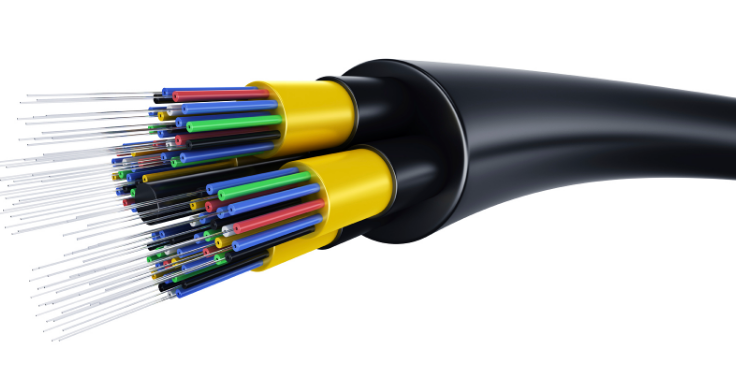
Description of Glass Fiber Optic Cable
The fiber-optic cable is used for transmitting signals with the help of electromagnetic waves in the optical frequency range. Fiber-optic cables are recommended as an alternative to copper cables wherever there is severe electromagnetic interference, the equipotential bonding is to be saved, in open-air systems or where no electromagnetic radiation is wanted.
To construct optical network structures, glass fiber optic cables are used for longer paths, while plastic fiber optic cables are used for shorter paths. These plastic cables use light-conducting plastics such as polymer optic fiber (POF) or polymer cladded fiber (PCF).
Features of Glass Fiber Optic Cable
• High degree of chemical resistance
• Individual (transmitted beam) and bifurcated (reflective) fiber styles
• Wide range of specialty fiber optic cable tips available
• Standard cable length of 0.9 meters (36 in.)
• Standard glass cable with stainless steel sheathing temperatures: -40...260 °C (-40...500 °F)
• Standard glass cable with PVC sheathing temperatures: -40...96 °C (-40...200 °F)
• Custom glass cables for high temperatures: -40...482 °C (-40...900 °F)
• Rugged design for industrial applications indoors and outdoors
• High immunity to noise thanks to insensitivity to electromagnetic fields
• Tap-proof due to lack of radiation from the cable
• Silicon-free, therefore suitable for use in the automotive industry (e.g. in paint shops)
• Electrical isolation of PROFINET/Ethernet devices
• Protection of the transmission route against electromagnetic interference
• Certified for various applications, e.g for the American and Canadian market (UL listing, such as OFN/OFNG for fiber-optic cables)
• PROFINET-compatible
• RoHS conformity
• Free from varnish-moistening substances
Application of Glass Fiber Optic Cable
Typical applications for the Glass Fiber Optic Cables include:
• Material handling
• Packaging
• Food processing
• Transportation
Benefits of Glass Fiber Optic Cable
• Simple laying with pre-assembled cables, without grounding problems and very light fiber-optic cables
• Various approvals
• Cables available for up to 10 Gbps Industrial Ethernet (e.g. with SCALANCE XR-500)
Conclusion
Glass Fiber Optic Cable has created high demand across the world. Nowadays, the corporate world had experienced significant change due to an adoption of glass fiber optic cable in the market. Consequently, Glass Fiber Optic Cable is easy to install and convenient in its performance. It maintenance also is simple and therefore, enables many companies to saves their funds.













































